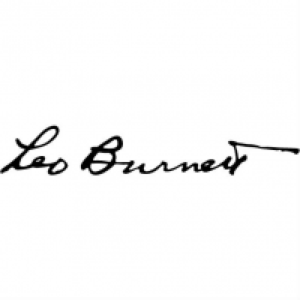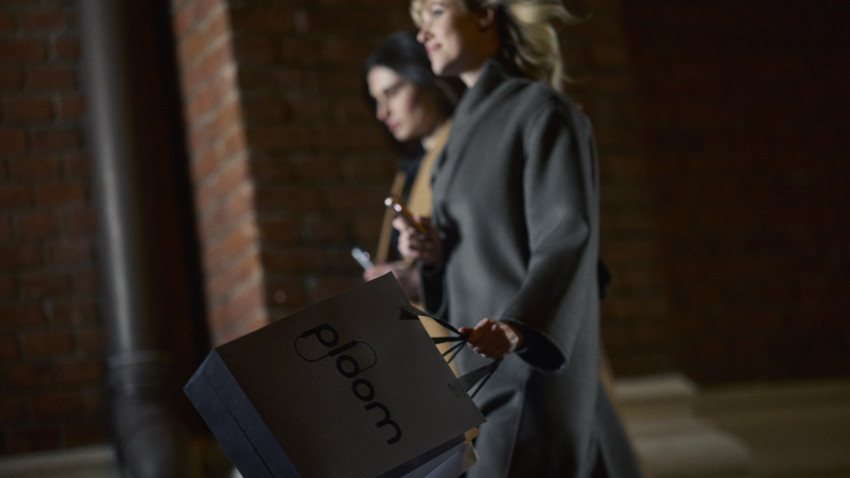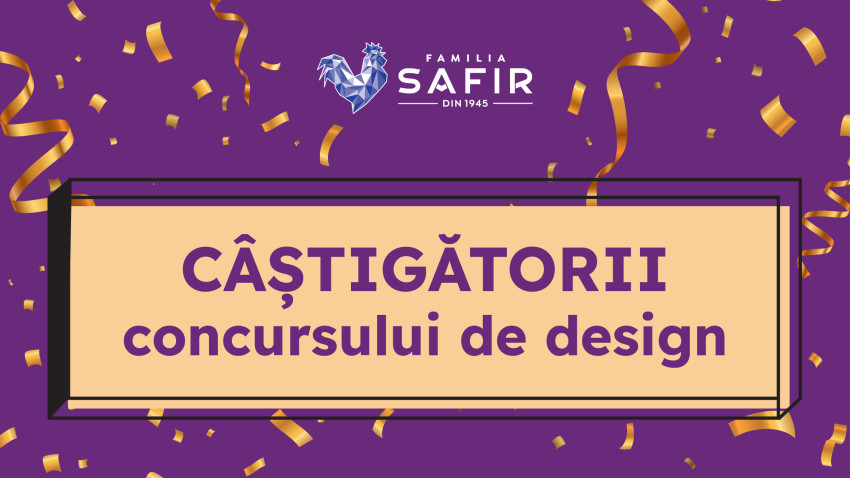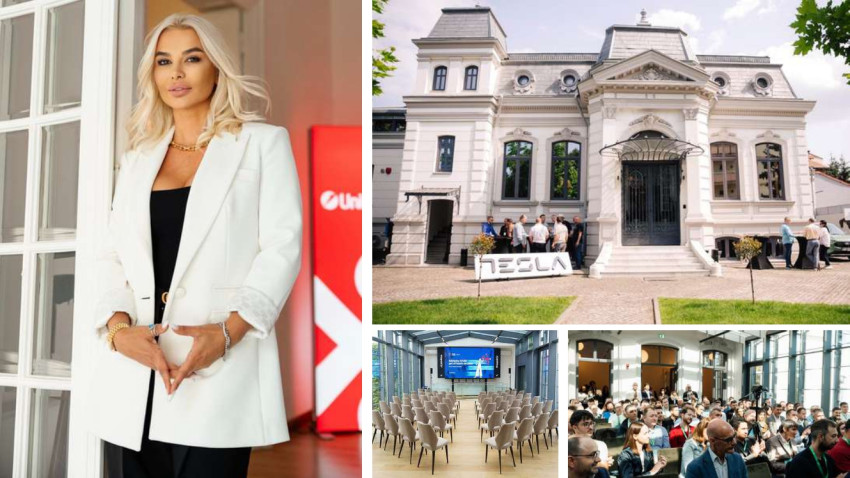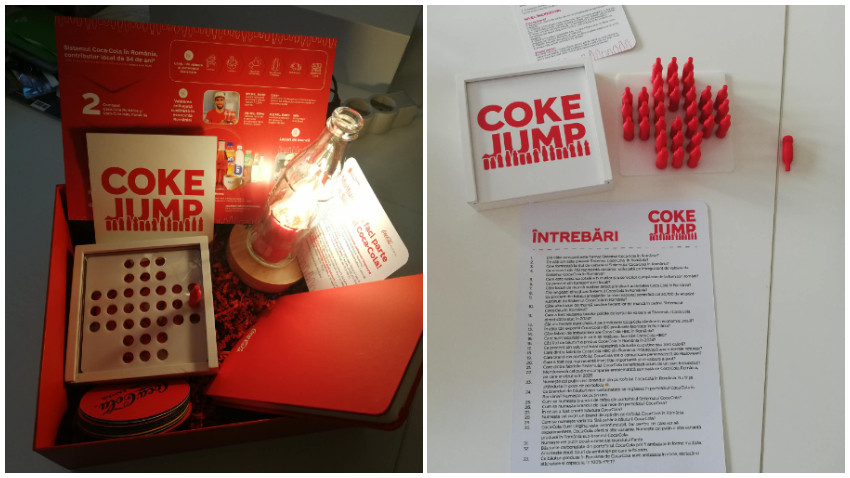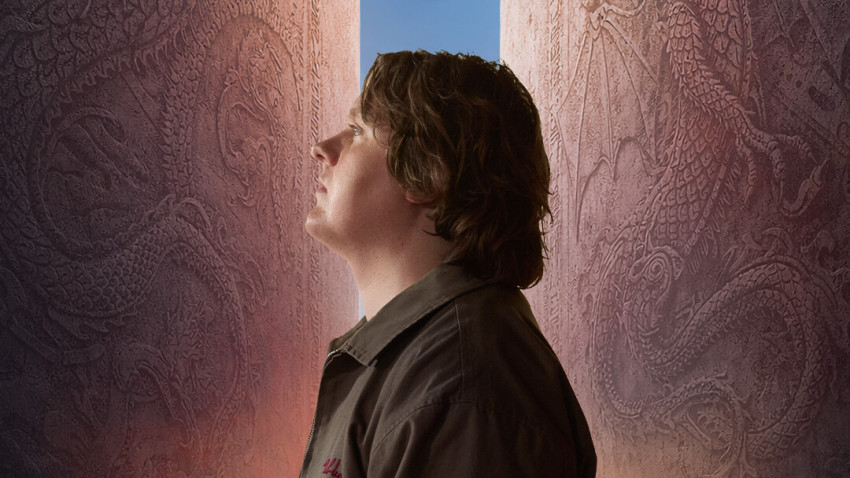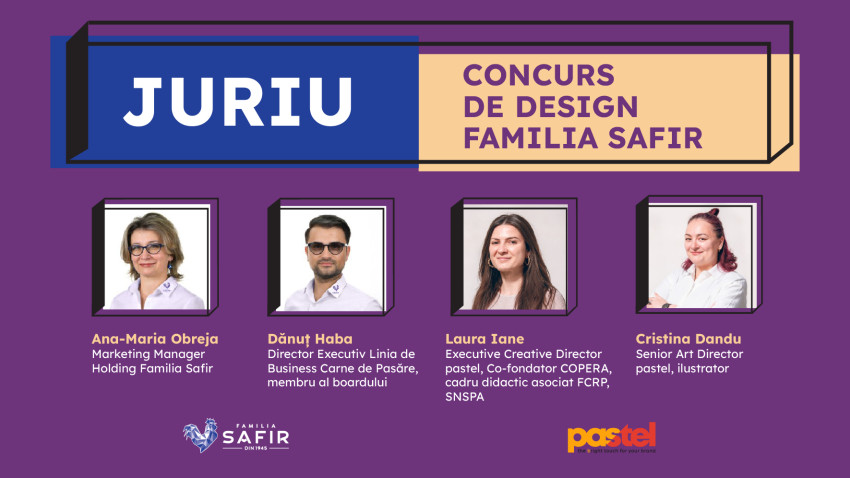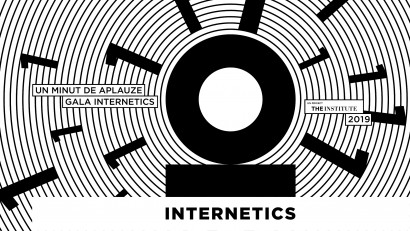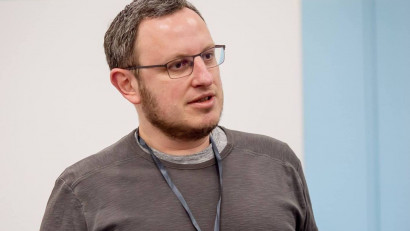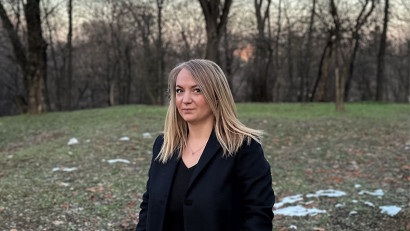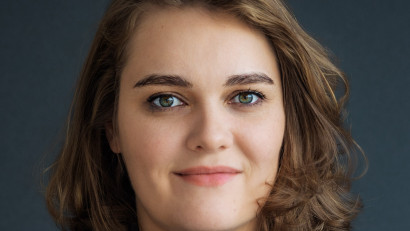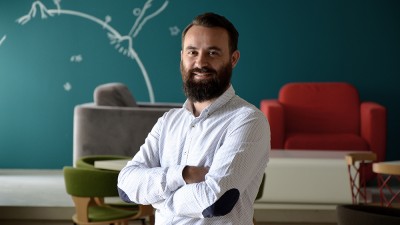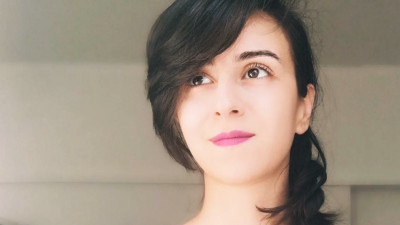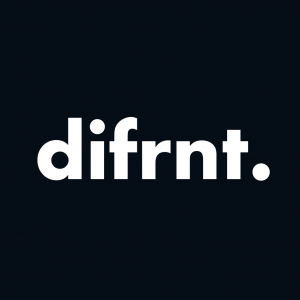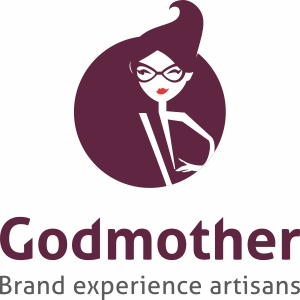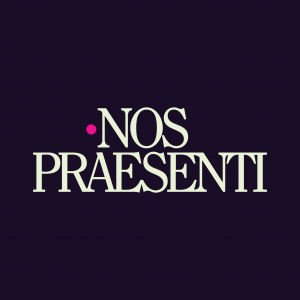In a previous life, around 1993, people were living in the Gold Era of Advertising. That's when copywriters were smoking while working on their electric typewriters, there were no emails, only memos (on paper!), everything was flourishing and it seemed like every day a new multinational company was entering the market; meanwhile, Gábor Havasi was starting as a junior designer in advertising at McCann Budapest. In another universe, in the States, Marina Niks had a part-time gig in a local ad agency, doing the worst job in the world. But she dreamt of a day when she could tell the creative directors what to do.
Fast-forward to 2018, when Gábor is Creative Director of McCann Budapest, and Marina Head of Strategy, after she herself established the strategic planning department in the agency. Together, they talk about the changes advertising has gone through, its beginnings in Hungary, what is happening now and wich are the most important challenges in the industry.
Versiunea in romana a interviului se gaseste chiar aici.
Your start in advertising
Gábor: Well, I started as a junior designer at McCann in 1993. And here we are, my 25th anniversary and still with McCann.
Marina: While I was in college in the States, I worked part time to pay my tuition and I ended up working for a local ad agency, doing the worst job in the world: timesheet manager, a fancy term for being a nobody who has to knock on important people’s doors and remind them that they haven’t filled out their timesheets. I was shy and my worst nightmare was the creative director, a real egomaniac and asshole. This put the dream into my mind to one day tell creative directors what to do, which I have achieved as a planner :-). Gábor can bear witness to my enthusiasm for that part of the job, hahaha.
Gábor: Actually I like that enthusiasm. It cannot be missing from today’s advertising. Planners and Creative Directors have to eat, sleep, and of course work together closely.
Gábor: Advertising was completely different back then. Basically, we were the pioneers in Hungary. It was challenging and romantic at the same time.
Marina: Despite my nightmare first job, I loved the creative energy of that first ad agency. I could not find another industry that combined both business and creativity, so advertising sucked me in forever.
Important stages
Gábor: As I said, McCann is the only agency in my career. But I always found my challenges in all of my positions, as an art director, a senior, a head of art and a creative director. Obviously the agency has changed around me and I had to adapt. So it was like working for several agencies, but not literally.
Marina: I got my first real ad job at McCann Budapest a hundred years ago, as an account. But I kept arguing passionately with the clients about every piece of leaflet and press ad, and I hated working with budgets, so I burned out very quickly. Then one day the head of the agency offered me the chance to establish strategic planning in the agency, which was more or less non-existent then in Hungary. I had no idea what it really was, nor did he, but it turned out to be my destiny.
First agency interviews
Marina: I came to Budapest when the ad industry was very new and growing like hell. It seemed like every day a new multi company entered the market, people were in great demand, and hardly anyone had real experience. It was enough for me to speak intelligently, in perfect English, and I was hired on the spot and started working the next day as an account executive, having no real knowledge of anything, totally clueless. It was amazing.
Gábor: I was very excited. I remember I was wearing a suit and white shirt on my very first one. That was very unorthodox for a creative interview. But I really liked the atmosphere and I knew that this place is for me. I wasn't hired for my English though, rather my drawing skills. But that was enough, I was hired instantly.
Significant changes in the industry
Gábor: It was the flourishing, classical advertising. Mostly ATL stuff with bigger budgets. Totally different. I didn’t even have a computer on my desk. The copywriters were smoking while working on their electric typewriters. There were no emails, only memos, printed on paper. Mad Men and Women.
Marina: It’s enough to say that those guys who entered the industry some years later actually refer to this time period in Hungary as “The Golden Era” of advertising. I literally laughed out loud when I first heard that, I felt like I was part of the silent film era in Hollywood or something, it made me feel 100 years old.
Gábor: Wow, this needs another whole interview. It’s like the Stone Age vs The Trip to the Moon. Of course there are new and different ways to talk to consumers. There is digital, the technology itself and we also having to earn the attention of people, we don’t get it for granted anymore. I remember there were a lot of conversations 8-10 years ago about life after ATL. Then it all settled down and became very confusing :) You have to be open in this industry and up to date, otherwise how can you understand what your team is talking about? So I keep learning. Also from my 4 sons, who don’t really let me down as tech mentors. The biggest one studies robotics in Denmark. They keep me young.
Marina: Agree, everything has changed. I love it, it’s much harder, which makes it much more exciting. I personally felt hugely liberated when we could break out of the 30 second TVC prison, when we could tell more complex, more engaging stories, for a planner this is heaven. Also execution became more important, not the craft but the way to roll out a campaign, seeding, channel strategy, so complicated, always changing, I am never bored.
The local flavour
Gábor: I believe that this is the territory where the industry needs a big improvement in Hungary. Agencies are not taking the opportunity on this. In my opinion being local is the best chance to let shine your creativity shine from this region. You cannot really compete with the huge markets and their huge budgets. Being local should be our superpower.
Marina: Unfortunately the idea of what it means to be Hungarian has become so politicized by the government that Hungarian brands are afraid to touch this subject, leaving only the most superficial clichés like paprika and Rubik’s cube. And this is a real shame, because we should celebrate everything that makes Hungarians Hungarians, even the negative things we are famous for, complaining, could be a very rich territory for brands.
I think what defines the local flavour is that it is unfortunately missing.
Global versus local
Gábor: Generally it can make our profession less interesting. However we (McCann Budapest) are in a special situation. Let’s say we’re “glocal” because we develop strategy and creative campaigns for the CEE region. That is our super skill on the Hungarian market. So we can take on regional insights which you can call local on a bigger scale.
Marina: Obviously no one enjoys brainless adaptations of global campaigns, this is something that all small markets in our region suffer from. But McCann World Group has just launched a global study called Truth about Global Brands and what we see is that if a global brand comes to a local market and is dedicated to actually adding something meaningful to that local culture, while still being true to their global brand idea, this can be a beautiful thing for everyone. So it very much depends on the global brand’s approach.
The Advertising Industry in Hungary
Gábor: International networks are merging because Hungary is considered a small market. Meanwhile local agencies are growing fast. For them the challenge is to prove that they can handle bigger clients and they can.
We don’t have enough talents on the market. So I take the opportunity here and talking to the creatives in Bucharest: if you are open to move to Budapest and work for us, don’t be shy and send your portfolio to McCann Budapest. Especially art directors.
Marina: More agencies trying to be more professional and to prove themselves has created a planning renaissance. Suddenly everyone wants planners, after years and years of only a few agencies investing. For the first time local agencies are also building up planning departments. Even though this creates more competition for us at McCann as we have always been strong in planning, I still believe this is a positive development for the industry.
What's missing?
Gábor: We have Russian, Brazilian, French, Persian and American colleagues. All we're missing are Romanians.
Marina: True! But more seriously, we are also missing brands creating more meaningful roles, trying to really add positive solutions and solve real problems, that’s something that the Brazilians, the French, the Americans and also our friends at McCann Bucharest do really well.
What factors most influence local advertising?
Gábor: Well, budgets don’t have a huge influence, because they are getting smaller. But the good news is that we can make huge impact with small budgets. That’s an exciting challenge.
Marina: Yes, if you build a strong relationship with a client, you build mutual trust, then small budgets, small briefs, but big problems, can turn into great campaigns with impact. We have been lucky to have such a relationship with our regional client Walmark, on the Idelyn brand, maybe you have seen our Talking Vaginas campaign in Romania?
How does technology influence the creative product
Marina: I think it general we are some years behind the more developed markets when it comes to hard tech solutions in advertising but the possibility to do anything is there. We are a highly urban country, with high net penetration, high speed net, and very high social media usage partly coming from local traditions: there was a very successful local social media platform predating FB by a couple of years. We are not the startup capital of the world but there are ambitious young talents out there which can solve any tech development. Hungary also has a tradition of science and invention, so there are great minds to collaborate with from academia. So in fact we can do anything we want to.
Gábor: Technology itself cannot be an idea. It is a tool. You need to come up with a creative idea and find the best technology for it. It’s a common mistake creatives can make. They fall in love with a certain technology and they believe that the execution is the idea. But, for sure, tech is a colorful playground for us, a huge opportunity.
Marina: I also think, sometimes, the huge focus on finding a tech idea is making creatives forget about craft, real storytelling, well written and imagined. It’s like kids playing with shiny toys and not learning the proper developmental skills.
If a stranger watched a few local commercials
Marina: Hungary would appear to be an average, peaceful Western European country, with strong family values and a good standard of living.
In reality, we are a country in crisis, where young people are leaving and the population is hugely polarized. We have huge issues about identity and the direction of the country, so it’s pretty much as far from the advertising as you can get!
Not that advertising can solve everything, but brands can do better to help people in these difficult times, even if it just to give them a good laugh or engage them in a story that is uplifting. We know from our Truth Central study that 81% of people globally believe brands can make the world a better place, as an industry we should not disappoint them!
Illustrative local campaigns
Gábor: There was an innovative idea last year from Leo Burnett Budapest: "See Colors" for Samsung.
We particularly like it because this is a global campaign building on Hungarian heritage, which is the knowledge of scientists and inventors. So they used it, they worked with local experts and found a smart solution for an international brand.
The next one is "Cinema Delivery" from Y&R Budapest. This wasn’t made for a well-known international client, rather a very small local one. But this is exactly the charm of the campaign. From something small, solving a real problem, it reached the international community and helped to support local culture.
And, of course, we had our own campaign to be proud of. "The Vagina Experiment" for Idelyn from Walmark.
This is a great example of taking on a regional insight. The result is a meaningful campaign that educates so many females across the region. And we made it for a pharma client, not the most glamorous category in terms of creativity.


![[Adland neighbours] Gábor Havasi and Marina Niks (McCann Budapest): We have Russian, Brazilian, French, Persian and American colleagues. All we're missing are Romanians](https://media.iqads.ro/2018/10/marina-gabor-cover-850.jpg?v=201811010126)
